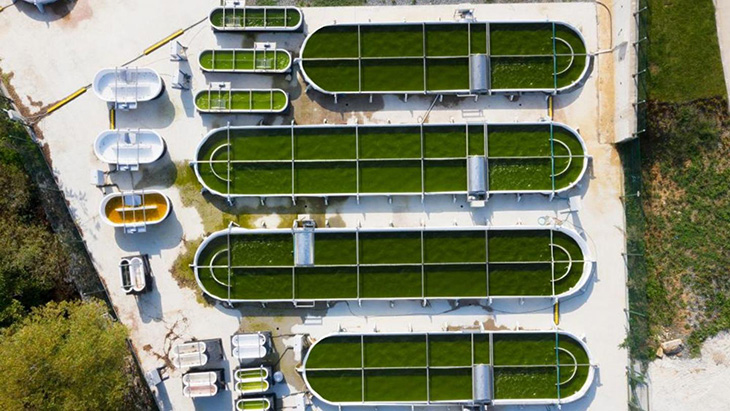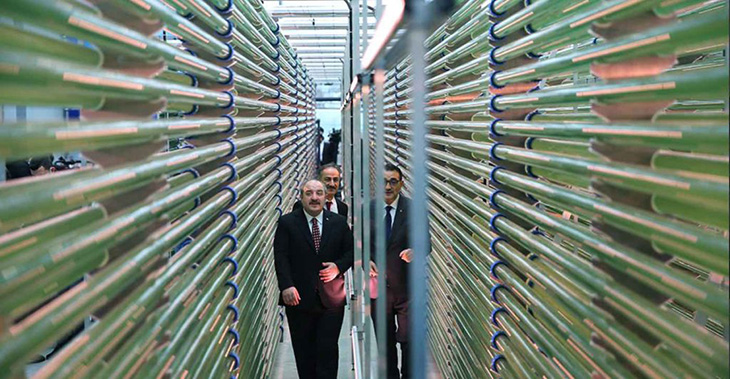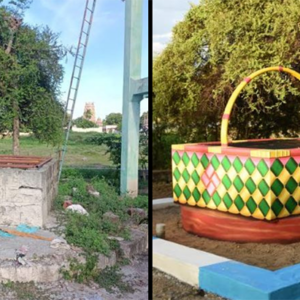
In Europe, the first large-scale biorefinery has been completed in Istanbul, on the Black Sea shore. And it’s been turning algae into fuels and feedstocks.
Meant to lead the new “bio-economy,” the refinery is powered completely by wind energy. It will turn microalgae and macroalgae species into carbon-negative feedstocks, supplements, jet fuel, and fertilizers.
They are considered carbon negative since the algae absorbs CO2 the way all plants do, but they do it in a much faster and in far greater amounts than other woody plants such as trees. When they are processed into their individual products, they manage to imprison more of the carbon that’s taken out of the atmosphere then release them during production, which is what makes them carbon negative.
The project was funded by the government of Turkey, who partnered with the European Union, and is one of the many different initiatives which the government has called Project INDEPENDENT. Located on the campus of Boğaziçi University’s Sarıtepe, the biorefinery can process 1,200 tons of algae annually.

A report on the refinery claims that the algae, when mixed with 5 – 10% fossil fuels, will be able to produce enough jet fuel ‘to power a flight leaving Istanbul by the end of the year.’
Called the Plant of 1,000 Uses
Although the coconut palm is often referred to as the tree of 1,000 uses, algae is definitely the plant of 1,000 uses. Trialed in Australia and Brazil, algae-based supplements were found to lessen the methane emissions from regular grazing animals such as sheep and cows.
As explained in Project INDEPENDENT, algae can also be used ‘to absorb phosphorus and nitrogen: two normal and important agricultural inputs that due to topsoil erosion from industrialized farming have greatly polluted freshwater and coastal resources.’
In many different parts of the world, algae is often eaten as a vegetable. Some examples of this are nori and wakame, both of which are incredibly delicious too. And when it comes to carb stocks, they are even way more nutritious than most grains.
Notably, algae supplements are also known to be amazing chelators, which are compounds that attract and dispose of heavy metals such as lead, mercury, cadmium, and other excess levels of other yet less harmful metals within the blood. Meanwhile, other benzine-based particulates like polycyclic aromatic hydrocarbons – which tend to be released when burning fossil fuels in car engines, fireplaces, and power plants – can also be taken up by algae-sourced chemicals such as chlorella and spirulina, before they’re excreted in urine.
Moreover, synthetic fertilizers are also produced with big amounts of CO2 emission contributions to the agricultural sector as well. As for non-synthetic fertilizer, it often comes from fish or shellfish waste, such as oyster shells, since they happen to be high in nitrogen.
By making fertilizer with algae produced in a carbon negative biorefinery, it could revolutionize the sector. This means it would force the attention of legislatures and environmentalists to look at the actual sources of emissions in the world, such as transport, manufacturing and energy.
Take a look at the video below to see more about the project.
What are your thoughts? Please comment below and share this news!
True Activist / Report a typo


